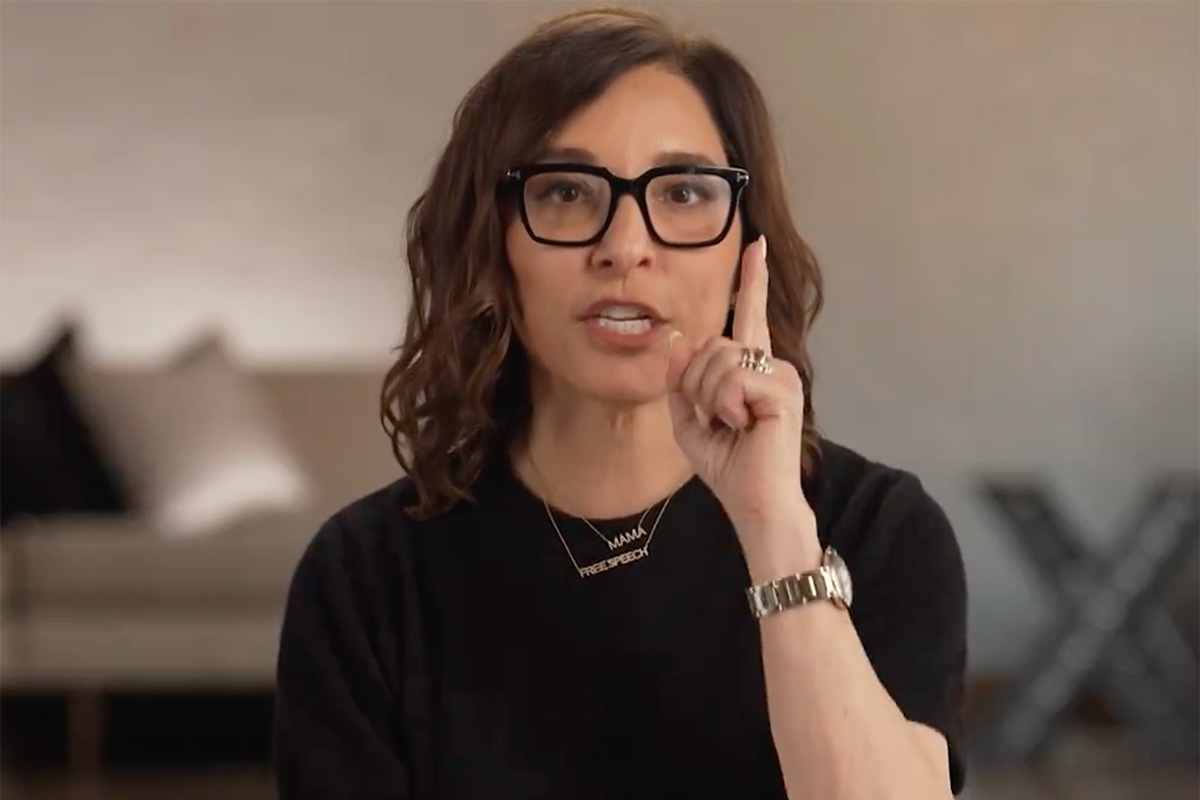The CEO of X, Linda Yaccarino, released a video saying the free choice of the World Federation of Accountants, GARM and others to boycott the platform threatens the long-time viability of “the one place where you can express yourself freely and openly at risk”.
The parent company of Elon Musk’s social media platform X, formerly known as Twitter, has sued the Global Alliance for Responsible Media (GARM), World Federation of Advertisers (WFA) and four large advertisers, blaming them for co-ordinating an advertising boycott that has cost the company billions of dollars in advertising revenues.
The lawsuit, which was filed in a Texas court on Tuesday, claims that GARM, a cross-industry group established by the World Federation of Accountants, had co-ordinated an advertising boycott that led to advertisers pulling money out of the platform under the guise of “brand safety” concerns.
X CEO Linda Yaccarino, who was previously a well-respected advertising executive at NBCUniversal, released a video on X claiming she was “shocked” by “evidence” uncovered by the US House Judiciary Committee that a group of companies – allegedly co-ordinated by GARM – had organised a “systematic illegal boycott” against X.
“It is just wrong, and that is why we are taking action… These organisations targeted our company and you, our users,” she said.
“They conspired to boycott X, which threatens our ability to thrive in the future. That puts your global town square – the one place that you can express yourself freely and openly at long-term risk.
“People are hurt when the marketplace of ideas is constricted. No small group of people should be able to monopolise what gets monetised.”
A Message to X Users pic.twitter.com/6bZOYPhWVa
— Linda Yaccarino (@lindayaX) August 6, 2024
The ‘GARM harm’
A House Judiciary Committee report in July – GARMs Harm: How The World’s Biggest Brands Seek To Control Online Speech – claimed that GARM led collusion to “to suppress voices and views disfavored by the leading marketers at the world’s largest companies and advertising agencies”.
“Through GARM, large corporations, advertising agencies, and industry associations participated in boycotts and other coordinated action to demonetise platforms, podcasts, news outlets, and other content deemed disfavored by GARM and its members,” the report stated. “This collusion can have the effect of eliminating a variety of content and viewpoints available to consumers.”
It claims that this amounts to unreasonable restraint of trade that would be illegal in the Sherman Act and, therefore, it violates anti-trust laws.
The Global Alliance for Responsible Media was set up by the WFA in 2019 in the wake of the Christchurch mosque shootings that were live-streamed on Facebook. Its aim is to prevent advertisers from supporting “demonstrable online and offline harm”, including placing ads next to content that is not brand safe.
Alliance members include all of the global advertising media holding companies, major advertising bodies including the AANA, social media platforms including X and the world’s largest advertisers, including the likes of Unilever, Procter & Gamble, McDonald’s, Coca-Cola, Nike and more.
Why do brands avoid X?
Global advertisers began pulling money out of Twitter after Musk took over the company in October 2022 and began dismantling its moderation and safety teams.
Senior media buyers and advertisers have privately told B&T that they couldn’t recommend X at the time due to brand safety concerns following a sharp rise in hate speech, cyberbullying, Nazi content, Russian bots and other unsavoury posts on the platform.
Senior executives, including marketing chiefs, have also been alarmed by Musk’s personal conduct on the platform and in media interviews, including an incendiary exchange at a New York Times event last November where he told brands not advertise on X in no uncertain terms.
Elon Musk said he doesn’t want companies to advertise and they should go f themselves though 🤷♀️ pic.twitter.com/ueynNLGV2Z
— David Leavitt 🎲🎮🧙♂️🌈 (@David_Leavitt) August 6, 2024
It is common for advertisers and their media agency partners to take measures to prevent ads appearing next to unsuitable content of on platforms that do not meet a brand safety benchmark, with the use of ‘blacklists’ (banned sites) and ‘whitelists’ (preferred safe sites) a common practice.
This is also common in newspapers, TV programs and radio. For example media planners would ensure that print ads about airlines did not appear against an article about a plane crash.
Yaccarino, who was appointed CEO of X in May 2023, has faced an uphill battle trying to woo brands back to X.
It’s unlikely X Corp’s latest attack on advertisers for exercising their freedom of choice on where they spend marketing budgets will make her task any easier, irrespective of how X’s antitrust case pans out.








